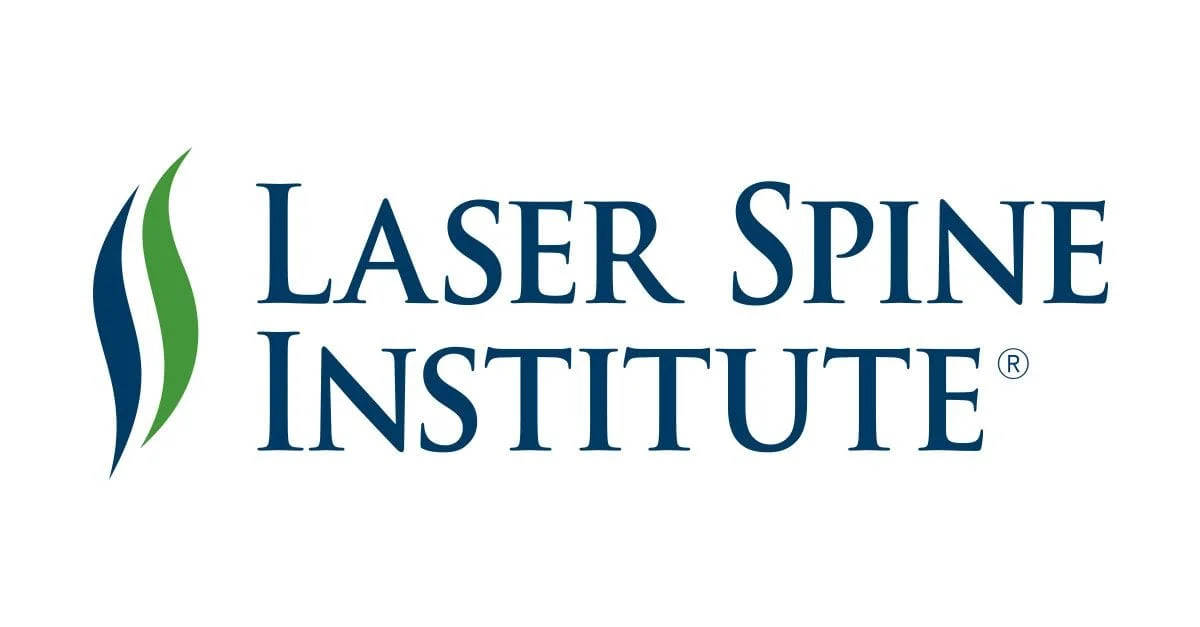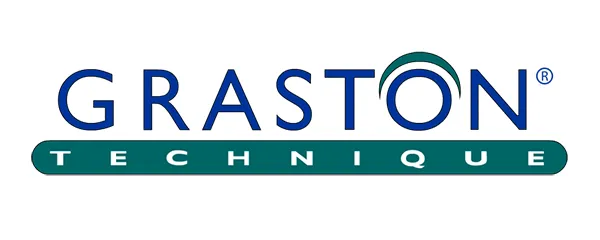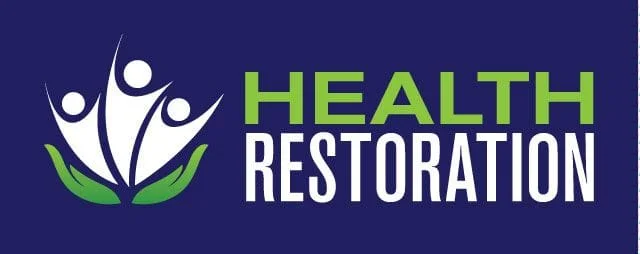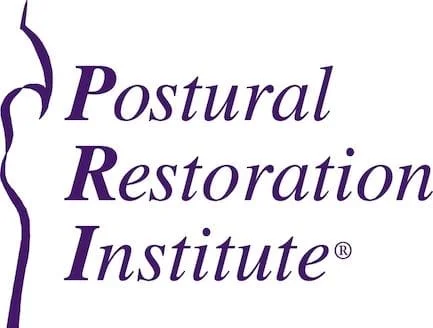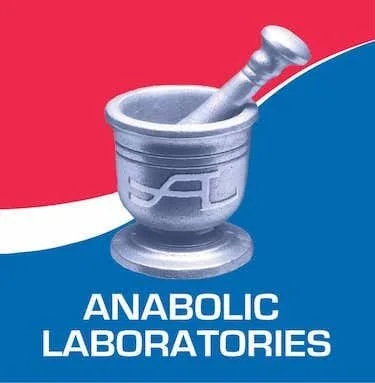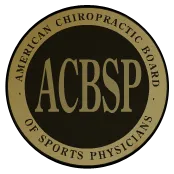AMERICAN COLLEGE OF CLINICAL ELECTRODIAGNOSIS
OF THE COUNCIL OF CHIROPRACTIC PHYSIOLOGICAL THERAPEUTICS AND REHABILITATION CONSTITUTION AND BYLAWS
(Approved by the ACA HOD)
ARTICLE I NAME
ARTICLE II OBJECT
The CCPTR- ACCE is a professional not-for-profit association comprised of individual members with varying philosophies and operates by democratic rule of majority of its members through officials elected by their peers. It shall be the object of this College to provide its membership educational programs in clinical electrodiagnosis and neurophysiology and its applications whenever possible and to promote and support the same specific specialty of its members within their community whenever possible, to encourage improved inter-professional and intra-professional relations and to share knowledge with all doctors of chiropractic for the benefit of the public and profession. The CCPTR- ACCE is affiliated with the American Chiropractic Association (ACA) as a college under the ACA Council of Chiropractic Physiological Therapeutics and Rehabilitation. As such the CCPTR- ACCE operates under the bylaws of the ACA, CCPTR and to its own bylaws, which have been developed to correspond with those of the ACA.
ARTICLE III MEMBERSHIP
Section 1 Any doctor of chiropractic who meets the licensure requirements of his state and is a member of the ACA and the ACA Council of Chiropractic Physiological Therapeutics and Rehabilitation in good standing, may be accepted for membership in this College upon approval by the Membership and Educational Committee.
Section 2 Applications. Application for membership shall be on a form furnished by the College.
Section 3 The National Office shall issue to each member a certificate of membership, and a copy of the Bylaws to each applicant who has been approved for membership.
Section 4 Types of Membership:
- ACTIVE MEMBERSHIP: Upon receipt of an application, properly filled out with proper fee and recommendations, the National Office shall properly record said membership and that member shall be entitled to all rights and privileges accorded any other active member.
- LIFE MEMBERSHIP
- May be granted to Doctors of Chiropractic who have been members in good standing for at least the last ten consecutive years and are at least 70 years of age and actively practicing, by unanimous vote of the Executive Committee.
- Life members have all the privileges of the Council, except holding elected office.
- Annual dues for life members who are at least 70 years of age are fifty percent (50%) of the general membership dues. This fee may be changed by a majority vote of the Executive Committee of the College.
- Any General Member, who in the opinion of the Executive Committee has provided outstanding and/ or meritorious services to the College.
- HONORARY MEMBERSHIP: Any person or organization who has rendered any special service to the cause of chiropractic, the field of electrodiagnostic sciences and the College may be an honorary member. This is upon recommendation of the Executive Committee and by a majority vote of the members present at the annual meeting. Honorary members shall not have the right to vote or hold office but shall be exempt from all dues and assessments.
Section 5 Dues: The annual dues for the College shall be determined by the majority vote of the Executive Committee. If a member fails to pay dues sixty days after said notice, he shall be suspended from membership without further notice.
Section 6 A MEMBER IN “GOOD STANDING” is defined as having met his financial, moral, education, and ethical obligations to this College as outlined in the said Bylaws.
Section 7 Conduct of Members: Conduct of members of this College must be in agreement with the standards, Rules and Regulations as outlined in Article IV, and the ACA bylaws, policies and Code of Ethics.
ARTICLE IV STANDARDS, RULES AND REGULATIONS
Membership in the America College of Clinical Electrodiagnosis is not a right, but a privilege. Therefore, it is the duty of a member to conduct themselves at all times according to those accepted ethical and moral standards. He/she must maintain and improve their professional knowledge by attending educational seminars, and improving and maintaining their professional image.
ARTICLE V MEETINGS
Section 1 Annual Meeting: An annual meeting of the membership of the College may take place at the Annual meeting of the ACA CCPTR or as determined by the Executive Committee.
Section 2 Notice of Annual Meeting: The National Office shall mail or e-mail to each member a written notice of the meeting at least 30 days prior to the said annual meeting.
Section 3 Special Meeting of Members: A special meeting of the members may be called by the President and must specify in the written request the purpose for which he/she requests the meeting. This notice of meeting must give the time, place, and purpose. No business not mentioned in the notice shall be conducted, unless the majority present at the meeting so desire to bring up any other business.
Section 4 Meeting of the Executive Committee: Regular meetings of the Executive Committee may be held at such times and place as deemed necessary by the Executive Committee, or such time and place designated by the President of the College.
Section5 Special Meetings of the Executive Committee: Special meetings of the Executive Committee may be called by the President or a majority of the members of the Executive Committee after giving due notice to each member of the Executive Committee.
Section 6 Fiscal Year: The fiscal year of the College shall be October 1st to September 30th of the following year.
ARTICLE VI QUORUM
Section 1 Ten members, three of which are officers, in good standing, shall constitute a quorum at any regular or special meeting of the members of this College.
Section 2 Quorum of the Executive Committee: A majority of the Executive Committee present shall constitute a quorum.
Page Four
ARTICLE VII OFFICER ELECTION MAIL BALLOT
Section 1 Nominations and Elections. Nominations for the three officers shall be made by the Nomination Committee which shall be appointed by the President. The Nomination Committee shall file a report of its nominations with the Secretary/Treasurer of the College not less than sixty (60) days before the annual meeting. Thirty (30) days before the annual general membership meeting, ballots shall be mailed/e-mailed to all College members listing the selections of the Nomination Committee and providing for write‑in candidates. All ballots must be returned to the College Secretary seven (7) days before the annual general membership meeting. All ballots received late or with erasures or changes on the ballot form will be voided. The ballots are to be opened and counted in the presence of a representative of the ACA Board of Governors or Tellers Committee or other non‑interested oversight committee. Except as the Bylaws may provide, each member is entitled to one vote, on all matters. Only members in good standing are permitted to vote.
Section 2 The officers of this Council shall be: President, Vice President, Secretary/Treasurer shall constitute the Executive Committee. Except for the office of President, College members desiring to run for an officer position must be a member in good standing in the College for minimum of two years prior to election and must have served on a college committee, or served as an event coordinator, or a state representative for at least two years. In order to run for the office of President, a College member must have met the above requirements and must have served a minimum of two years on the Executive Committee. Advisors may be appointed by the newly elected President, with the approval of the Executive Committee. All Past Presidents may serve as advisors. Advisors shall have no vote in Executive Committee meetings. Advisors may serve a term of one year and may serve an unlimited number of terms, with the approval of the Executive Committee. Advisors may be selected from the College members who have either/or:
- a. Expertise in the area of electrodiagnosis/neurophysiology.
- b. Previously served on the Executive Committee.
Section 3 Term of Office: The President, Vice President and Secretary/Treasurer shall be elected for a term of two years or until their successors have been duly elected. No officer may serve more than two consecutive terms.
Section 4 President: The President shall be the chief executive officer of this College. He shall preside over all meetings of the members and the Executive Committee. He shall be an ex-official member of all committees and shall have the general powers and duties of supervision and management usually vested in the office of the President of the College. He shall name and appoint all committees with the approval of the Executive Committee. The President shall report the activities of his office to the other officers on a quarterly basis and quarterly reports from the College shall be made to the Rehab Council and the ACA Board Liaison by the President.
Section 5 Vice President: The Vice President shall take over in the absence of the President and act as membership and program/convention chairman. In addition, he shall carry out all other duties given to him by the President and the Executive Committee. The Vice President shall report the activities of his office to the other officers on a quarterly basis. The Vice President shall prepare a complete list of College officers and members and their status. This report shall be submitted by the College President to the CCPTR prior to the Annual ACA meeting per ACA by-laws.
Section 6 Secretary/Treasurer: The Secretary/Treasurer shall keep in the books of the College, a record of all approved motions at meetings and shall keep records of minutes of all Executive Committee board meetings and general membership meetings. The Secretary/Treasurer shall assist in the editing of minutes of all meetings, membership/mailing lists, written materials and publications. The Secretary/Treasurer shall notify the College members and the Executive Committee of the purpose and results of all College meetings. The Secretary/Treasurer shall issue authorized membership certificates as provided by Article III Section 3. The Secretary/Treasurer shall be responsible for producing an annual report on College activities. The Secretary/Treasurer shall serve as the historian for the College. The Secretary/Treasurer shall report the activities of his/her office to the other officers on a quarterly basis.
The Secretary/Treasurer shall serve as the chairman of the Finance Committee and shall have custody of the funds of the College and shall keep a ledger belonging to the College as a record of all receipts and disbursements. The Treasurer shall deposit all monies in a depository as may be designated by the Executive Committee and render to the Executive Committee an accurate accounting of such deposits. The Secretary/Treasurer shall distribute the monies of the College as directed by the Executive Committee, and render and an accurate account of such disbursements. The accounting books shall be a part of the minutes of the College. All disbursements shall be made by check, and checks shall have the signatures of the Secretary/Treasurer and President. The Secretary/Treasurer shall be responsible for reviewing the annual budget, all financial reports and filing of appropriate taxes. The Secretary/Treasurer shall be bonded and the fee to be paid by the College. The Secretary/Treasurer shall report the activities of his office to the other officers on a quarterly basis
Section 7 Executive Committee: The Executive Committee shall have the full power between meetings of the College, except to legislate or change the by-laws of this College, and shall authorize or supervise the purchase of all books, and other supplies for the use of the College and its officers.
The Executive Committee shall have the power to hire and fire employees and to enter into contracts not to exceed the current balance of the treasury. The Executive Committee shall cause all articles, which are published in the name of the College to be edited by qualified members of the Membership and Educational Committee. The Executive Committee shall be responsible for formulating and maintaining a five year plan.
Section 8 Vacancy. Vacancies: A vacancy occurs if an elected officer is unable or unwilling to complete his term. If a College officer is unable to complete his term for any reason, the office shall remain vacant until the next election. If the majority of the remaining members of the Executive Board of the College desire that an interim appointment be made, it may make an interim appointment upon majority vote.
Section 9 Unless otherwise provided, all officers and members of the committees shall hold office until their successors are elected. Each officer shall report the activities of his office to the other officers on a quarterly basis and quarterly reports shall be made to the CCPTR President and ACA Board Liaison by the College President.
Section 10 Robert’s Rules of Order, Newly Revised, Current Edition shall govern all questions of order and regularity where the same do not conflict with the by-laws of this College or of the CCPTR or ACA.
ARTICLE VIII DUTIES OF THE COLLEGE to the REHAB COUNCIL and to THE ACA
Section 1 The ACA House of Delegates is the legislative body of the ACA and determines specific ACA policies, aims and purposes. CCPTR American College of Electrodiagnosis functions as a subordinate arm of the CCPTR, operating only within its specific delegated field. The College must act pursuant to and in conformity with ACA policy.
Section 2 The College shall not act on a major issue on which CCPTR or ACA policy has not been adopted, until an applicable CCPTR or ACA policy has been adopted. The ACA President with the approval of the ACA executive Board of Governors, may authorize the Council to act in the interim in the absence of the ACA policy and set forth the conditions under which such action may occur. This may occur when the College President presents a written application to the ACA President stating why it is necessary and desirable to act in the absence of ACA policy, and setting forth in detail the proposed policy.
Section 3 The College shall submit an annual report of College activities to the CCPTR prior to the Annual ACA Meeting per ACA by-laws.
Section 4 The College shall submit a complete list of College officers and members, and their status to the ACA annually.
Section 5 The College shall submit a complete set of College by-laws biennially, except when amendments are approved by the ACA House of Delegates. Then, the College shall submit a complete updated set of by-laws within sixty (60) days of the close of the annual ACA Meeting.
Section 6 The College shall have accountant’s review or report conducted through the ACA home office on its finances, including income and expenses, on an annual basis, prior to the mid‑winter ACA Executive Board of Governors meeting.
Section 7 The College shall place a disclaimer on all published materials.
ARTICLE IX COMMITTEES
Section 1 All committees shall be appointed by the President with the approval of the Executive Committee, except as otherwise provided by these by-laws.
Section 2 Committee on Quality Assurance: This committee shall follow the Code of Ethics of the ACA and Article IV, Section 1 of these by-laws. This committee shall also hear such questions of breach of ethics and unprofessional conduct as may be submitted to it in writing and to recommend to the Executive Committee the action to be taken.
Section 3 The International Committee shall promote this College to assist in promoting consistent electrodiagnosis and neurophysiological applications with international colleagues and related associations.
Section 4 Membership and Educational Committee: This committee shall promote the membership of this College. This committee shall provide educational programs leading to certification, re-certification, license renewal, public relations, and membership recruitment, for the annual College meeting and/or at the request of the Executive Committee. The chairman of this committee shall be the President-elect.
Section 5 Nominating and By-laws Committee: This committee shall present a slate of candidates for the College annual meeting, for each of the offices to be elected. This committee shall be responsible for maintaining the by-laws for the College and submitting proposed by-law changes to the College membership and to the ACA in a timely manner for approval and ratification. .
Section 6 Finance Committee: This committee shall audit the books of the College and report back to the members its findings at the College annual meeting. The Treasurer shall serve as the chairman of the Finance Committee.
Section 7 All committees shall consist of not less than three (3) members and all committees shall be duly bound to submit a written report sixty (60) days prior to the College annual meeting.
ARTICLE X: SPECIAL EXPENSES
All officers shall be entitled to be reimbursed for expenditures authorized in carrying out the duties of their office. All Executive Committee members’ expenses shall be reimbursed for authorized expenses. All expenses will only be reimbursed upon submission of receipts and expense reports. Any trips or expenses not previously approved by the Executive Committee must be submitted to the Executive Committee for approval. The Treasurer shall authorize the payment of all operating expenses of the CCPTR-ACCE and have the ability to refuse payment of any such expenses subject to approval by the Executive Committee.
ARTICLE XI: ORDER OF BUSINESS
The order of business shall be that as outlined in Robert’s Rules of Order, Newly Revised, and Current Edition or as outlined by the Executive Committee.
ARTICLE XII: AMENDMENTS
Section 1 These bylaws may be amended by a two‑thirds (2/3) vote of the mail ballots received from the members provided the proposed amendment has been filed with the College secretary at least sixty (60) days prior to the meeting.
Section 2 All proposed amendments are to be mailed/e-mailed to the College members at least thirty (30) days prior to the meeting. All ballots must be returned to the College Secretary post marked/dated seven (7) days before the annual general membership meeting. All ballots received late or with erasures or changes on the ballot form will be voided. The ballots are to be opened and counted in the presence of a representative of the ACA Board of Governors or Tellers Committee or other non‑interested oversight committee.
Section 3 Amendments are not in effect until approved by the ACA House of Delegates.
07/2013












